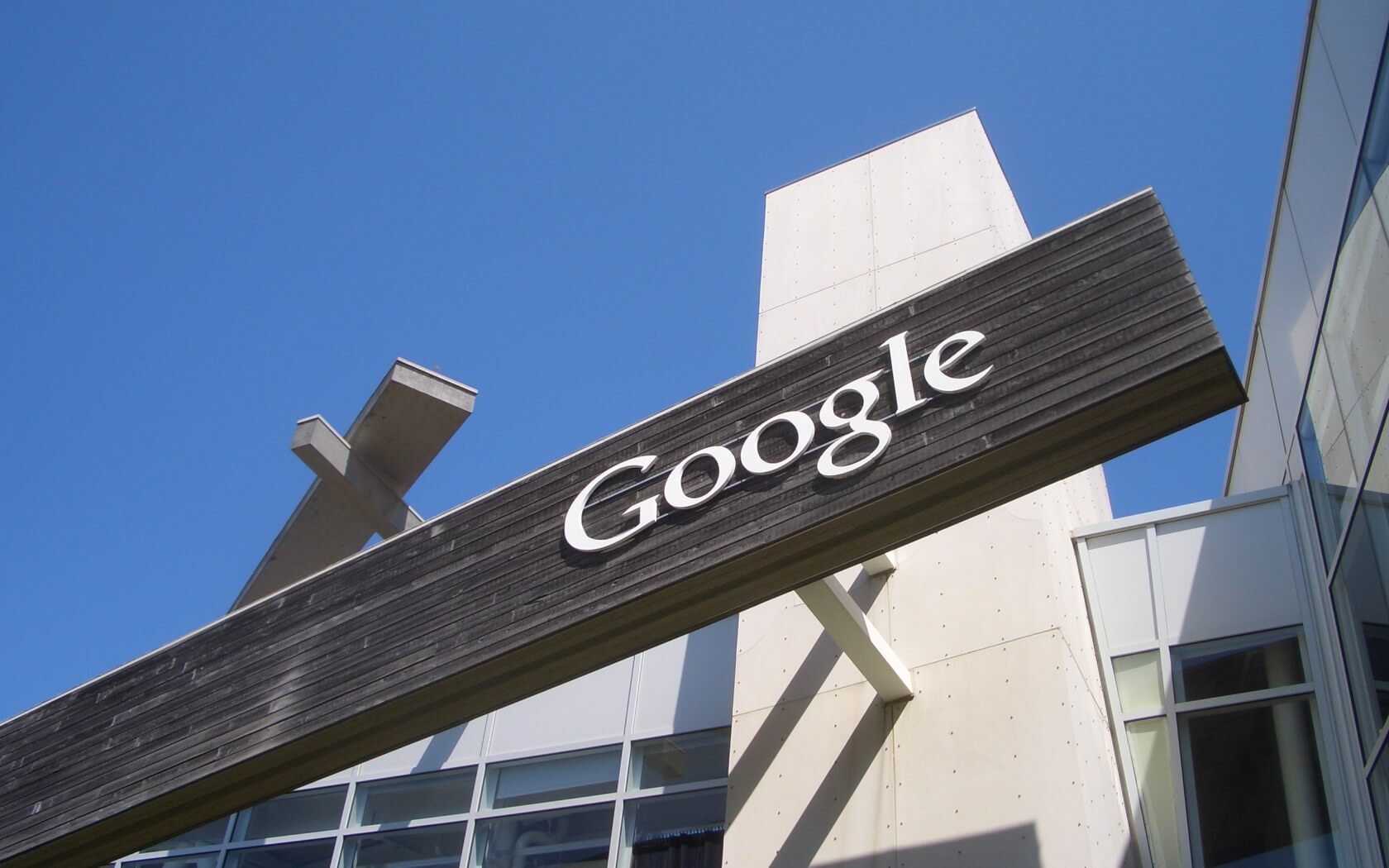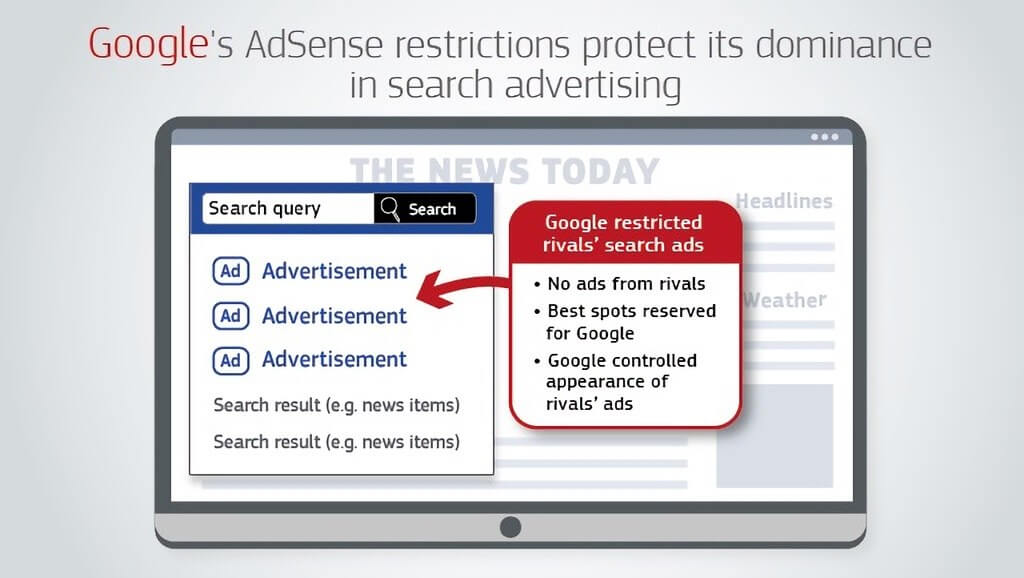What just happened? Google's problems in Europe are showing no signs of abating after it was hit with another enormous fine. This time, the European Commission slammed the company with a $1.69 billion penalty for "abusive practices in online advertising."
This is the third time in two years that the EU has imposed a multi-billion dollar punishment on Google. It was hit with a $2.7 billion fine for promoting its own shopping services in search results in 2017, and this was followed by a record $5 billion fine in 2018 for requiring Android OEMs to pre-install the Google Search app and its Chrome browser "as a condition for licensing Google's app store."
The latest fine comes after the EU found Google guilty of preventing third-party websites that used its AdSense for Search boxes from displaying search ads from competitors in the results page.
In 2009, Google replaced these exclusivity deals with "Premium Placement" clauses. These required publishers reserve the most profitable spaces on their search results pages for Google's ads and request a minimum number of Google adverts. Publishers also had to seek written approval from Google before making changes to the way rival ads were displayed, letting the company know "how attractive, and therefore clicked on, competing search adverts could be."
"Today the Commission has fined Google €1.49 billion for illegal misuse of its dominant position in the market for the brokering of online search adverts," said EU antitrust commissioner Margrethe Vestager. "The misconduct lasted over 10 years and denied other companies the possibility to compete on the merits and to innovate - and consumers the benefits of competition."
In the world of online search advertising, Google held a market share above 70 percent between 2006 and 2016. Last year, its share dropped to 60 percent from around 90 percent a year earlier.
The announcement comes just after Google said it would ask Android users in Europe to pick their preferred browser and search engine---a response to the Android antitrust case.

